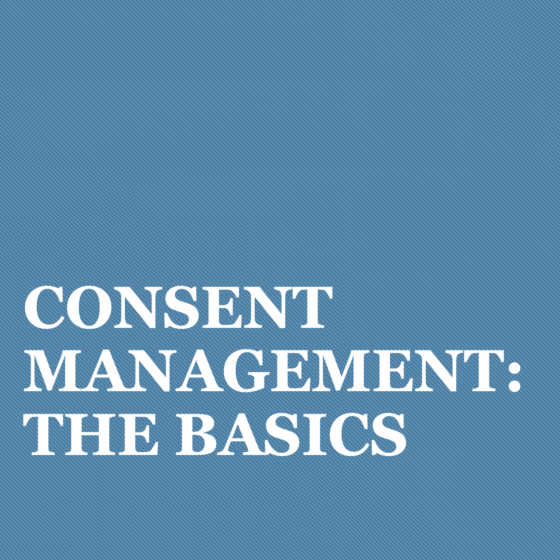Description: This session will focus on enhancing care coordination for patients with SUD and the importance of gaining permission to release information. We will review scenarios such as:
- A 35-year-old patient is seeing her PCP. The patient has Type I diabetes and has been much better controlled since she has been in treatment for OUD for the past 5 years. Recently, the patient experienced some life stressors, lapsed and has not been back to treatment for two weeks.
- A 60-year-old patient has just recently started treatment for co-occurring depression and AUD after discussing treatment for many years with the PCP. He has hypertension and diabetes, and the alcohol use has been exacerbating these conditions for years. The PCP is concerned about the patient’s ability to stay in treatment as the patient has recently lost his job and is separating from his partner of many years.
Staying informed of a patient’s recovery status can impact how you treat other health conditions and is an important component of their overall care. Have you hit barriers when trying to get the clinical information you need care for your patient? Are you aware of the new pathway to obtain this information? In this session, we will focus on consent management, how to talk with your patients about consent, the basics of 42 CFR Part 2, myth busting, use cases, and FAQs. We will introduce CRISP DC’s Consent Management tool, including a history of its development, gaps it will address, and key features and why this is a priority in the District.

Consent Management - The Basics
Facilitators: Marsha Johnson, MSW, LCSW Suzanne Daub, LCSW, & Corrine Jimenez

